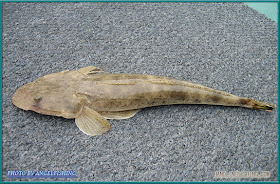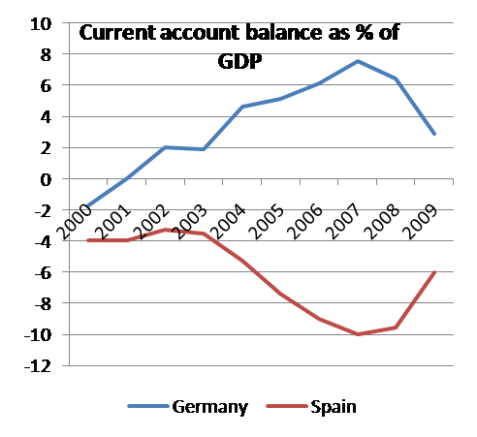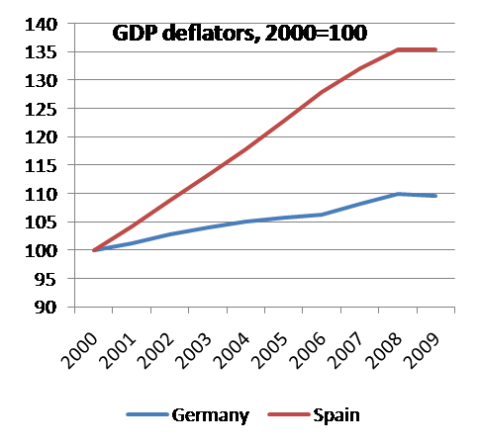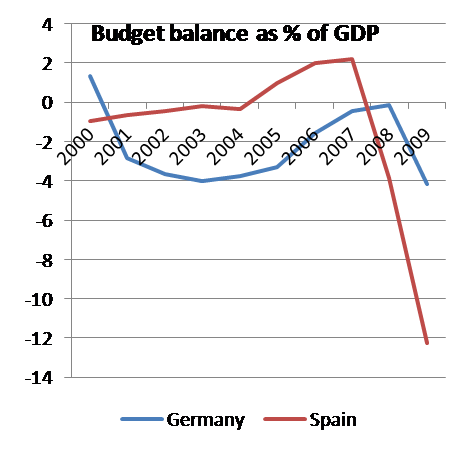Modal verb is a type of auxiliary verb(or helping verb) that is used to indicate modality -- meaning possibility and necessity.[1][2]
As I have mentioned in "Usage: Polite or Impolite? Past vs Present -- Part 3", the 9 modals are
We'll look into each pair in each entry. First, let's take a look at the pair Can & Could
Having ability:
- I can swim.
- I could swim (in the past, now I can't).
- You can go now.
- N.A.
- Can I speak to Jane?
- Could I speak to Paul? (more polite, time concerned is still present)
- Can you lend me a dollar?
- Could you lend me a dollar? (more polite, time concerned is still present)
- N.A.
- You could clarify with her first before blaming her. (time concerned is still present)
- Smoking can cause cancers.
- It can't be true! (it is not possible to be true)
- You could arrive anytime now. (Slight possibility/ Unsure) (time concerned is still present)
- Can I get you a drink?
- N.A.
Modals can also be categorised according to their forms.
Basically, you can call them:
- Modal Simple
- I could talk to her.
- Modal Continuous
- I could be talking to her.
- Modal Perfect
- I could have talked to her.
- Modal Perfect Continuous
- I could have been talking to her.
Among the forms, I am most interested by the Modal Perfect of Could and Can because of their usefulness in expressing different mood.
Could have done (more common)
Can have done (less common)
Showing possibility in past event:
- I can have visited her. (I had the chance, but I didn't visit her.)
- You could have talked to her. (You had the chance, but you didn't, maybe you chose not to) (same as 1)
- He couldn't have behaved so badly in school!
- She couldn't have betrayed her dearest friend!
- You could have informed me before you threw away my letters!! (But you threw my letters away and now I am very angry!)
- I could have saved that kid had I called the ambulance earlier. (Because I didn't call the ambulance earlier, the kid has died and I am angry with myself now, and I regret it too)
The negative sense of Could/Can have + Past Participle is slightly more tricky and you just have to read carefully between the lines, usually it carries the meaning of "the result wouldn't have changed even if somebody did try":
Couldn't have done (more common)
Can't have done (less common)
- I couldn't have succeeded without your help. (But I did succeed because you did help me)
- He couldn't have phoned you because he left his cellphone at home. (It was just not possible for him to call you)
- The dinner couldn't have been better! It was fantastic! (The dinner was not possible to get even better, it was already at its best)
Homework:
Try to explain the meanings of the following sentences in details, you can make your predictions as you wish:
(Leave comments for me to check)
- Person A: "We can try to use inductive reasoning to solve this puzzle." Person B: "Could do."
- Could you please shut your mouth?
- You could have killed yourself crossing that road just now! Now take those earplugs off!
- He couldn't have solved those problems by himself.
Enjoy!!!
"Who says grammar is boring?" -- Locky
Resources:
http://lockyep.blogspot.com/2009/11/usage-polite-or-impolite-past-vs_13.html
[1] http://en.wikipedia.org/wiki/Modal_verb
http://en.wikipedia.org/wiki/Auxiliary_verb
[2] http://en.wikipedia.org/wiki/Linguistic_modality
http://en.wikipedia.org/wiki/English_modal_auxiliary_verb
http://en.wikipedia.org/wiki/Semi-modal
Book reference:
Practical English Usage -- Michael Swan





























